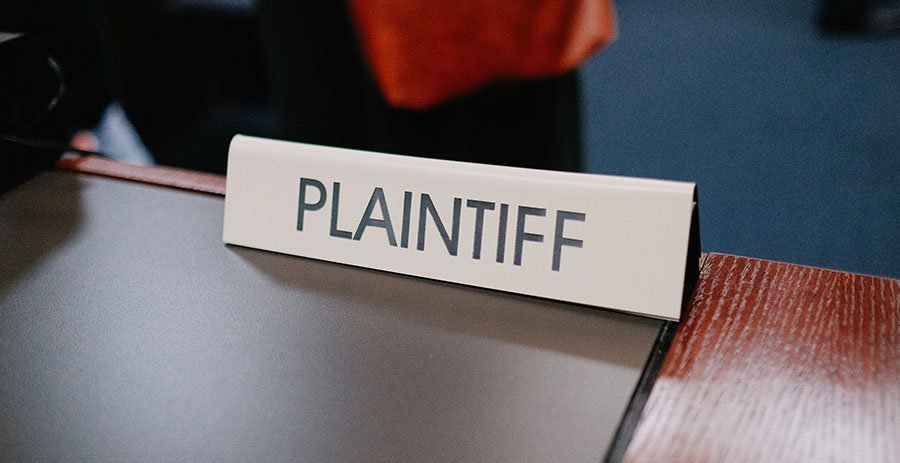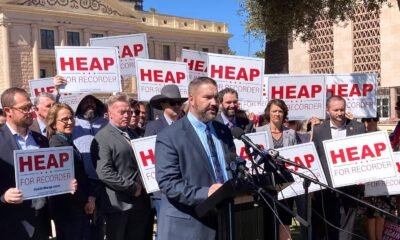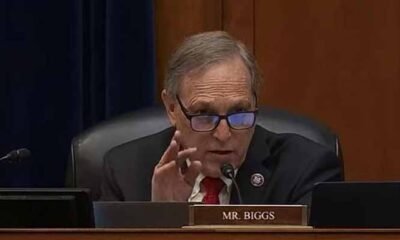Arizona Republican Party
Arizona GOP Takes Legal Action Against Governor Hobbs Over Controversial Executive Orders

The Arizona Republican Party is taking legal action against Governor Katie Hobbs, seeking to overturn two executive orders aimed at simplifying voter registration and voting processes. In a lawsuit submitted late Thursday, party chair Gina Swoboda claims these measures exceed the governor’s authority.
Swoboda’s lawsuit argues that Hobbs unlawfully mandated various state agencies, including the corrections systems, to serve as ballot drop-off sites and to make voter registration forms publicly accessible. The lawsuit raises concerns about the implications for ballot security under these directives.
Lead attorney Andrew Gould emphasized that under state law, the legislature, which is controlled by Republicans, holds the purview to determine voting and ballot drop-off site regulations. Additionally, he pointed out that only the county recorder can approve who can accept voter registration forms and where they are distributed.
Swoboda criticized Hobbs’s actions as a “blatant overreach of her authority,” vowing to protect constitutional rights that they believe are being threatened. Gould opted to submit the suit directly to the Arizona Supreme Court, bypassing the usual step of a trial court ruling. He stated that there are no disputed facts, only legal interpretations to settle.
The GOP seeks swift resolution, highlighting the urgent need to clarify the legality of Hobbs’s orders ahead of the 2024 elections. Hobbs’s press aide, Liliana Soto, dismissed the lawsuit as “frivolous,” asserting that the governor utilized her authority to safeguard voting rights during her tenure as Secretary of State, which she claims oversaw exceptionally secure elections in recent years.
Central to the lawsuit are executive orders issued by Hobbs last November, particularly those affecting voting logistics. One order instructs the Department of Corrections to educate released inmates on restoring their civil rights, including their voting rights—a point not contested in the lawsuit.
However, Executive Order 23, which designates state buildings as potential voting sites and ballot drop-off locations, is under scrutiny. Gould stressed that this order lacks clarity on significant aspects, such as proper protocols for handling completed ballots, which raises concerns about election integrity.
Gould’s critique extends to Executive Order 25, which mandates that state agencies enhance voter registration access online. He contends these orders fundamentally exceed the governor’s constitutional and statutory authority.
Despite attempts to persuade Attorney General Kris Mayes to challenge the executive orders, he received a tepid response. Mayes noted that increasing access to voter registration could not harm anyone, questioning the logic behind the GOP’s position.
In a rebuttal to Gould’s claims, the governor’s general counsel, Bo Dul, defended Hobbs’s actions as necessary for promoting voter registration access, especially amid reports of counties struggling to find suitable polling locations.


















